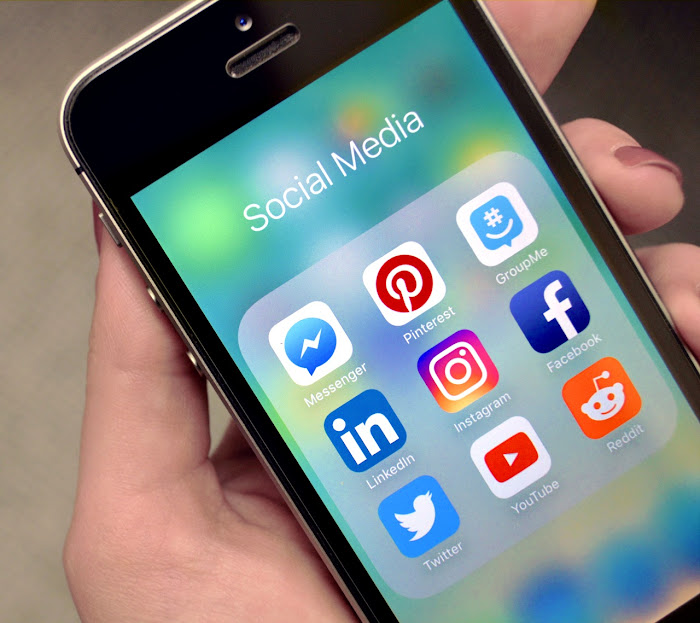What to look for and what to avoid when switching from Facebook or Twitter to another social network.

So you’ve had enough of Facebook’s not-so-secret stalking and force-feeding, and Twitter was never anything more than your stop-gap. You know there are plenty of other huge social networks. But these are either publisher-based (i.e. Instagram expects photos and YouTube expects videos), or niched, like LinkedIn, or glorified discussion forums, a la Reddit. So where do you go as a direct alternative to Facebook or Twitter?
If celebrities are not interested, that platform won’t go mainstream. If they are, it will.
The range of smaller platforms vying to straightforwardly replace the big two is vast. But virtually none of these head-on challengers are directly comparable to the biggies. No smaller network can compete with Facebook or Twitter like for like. They don’t have the money, the userbase or the cultural presence. They know they’re not going to prize people away from Facebook if, for example, their policies are broadly the same as Facebook’s. G+ proved that not even the mighty Google had the clout to do that. So what smaller networks and new entrants do is trade on being “different”. Common marketing points include…